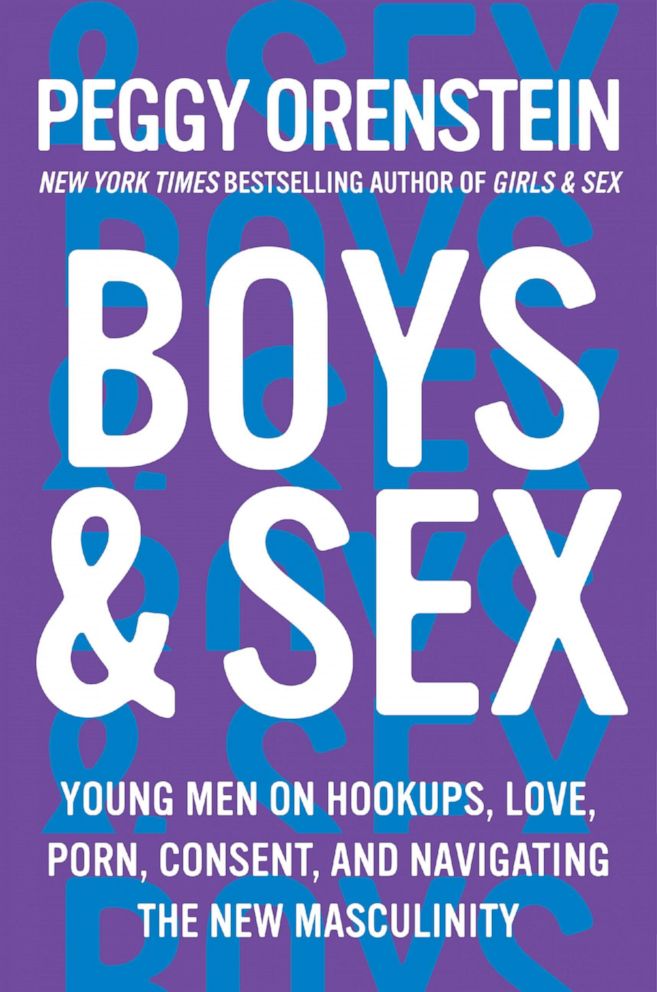New book 'Boys & Sex' navigates sexuality and masculinity in today's world
Peggy Orenstein talks to men ages 17-22 about stereotypes.
Longstanding stereotypes for young adults, especially as it relates to gender norms and behaviors, have created a cycle of mixed signals that one best-selling author is attempting to tackle.
Author Peggy Orenstein has spent years talking with young people about their intimate lives and in her new book, "Boys & Sex," she sounds an alarm about young men.
Particularly, she told ABC News, "masculinity and manhood and sex for men" is presented in an "incredibly narrow" way.

"It was like they were channeling 1955. You know, it was still about sexual conquest. It was about dominance. It was about aggression, athleticism, and particularly about emotional suppression," she explained of her findings.
Orenstein sat down with a group of young men ages 17 to 22 who all said they've gotten mixed signals about how to be a man.
One student, Abdoulaye Bah, told ABC News he thinks it's important to seem tough.

"I mean just so like, you know, you can show people that you're not someone to mess with," he said.
Marcel Johnson said he views success as a contributing factor for relationships and sexuality.
"If you're not successful, if you don't have money, if you don't, you won't be able to get like the pretty girl or something like that," he posited.
"Even though we want to get away from it, it's just something that has been entrenched in our society for so long," Bah said.
Orenstein said "bro culture" can lead many boys to go along with things even when they feel like their male peers are being inappropriate.
"There is a lot of pressure on guys to be silent," the author said. "One guy said to me he did try to step up and he got mocked by other guys."
Bah said he's been faced with similar situations, but to Orenstein's point was afraid to break guy code.
"But say I'm in a locker room with my teammates. It's like a bond there," he said.
With more conversations than ever about how to treat women in the post-#MeToo era, many boys said the discussions in their world are lacking details.
For another student, Ruben Mogaburo Kessler, being respectful to women is a statement more than a guideline with information to act on.
"There's a lot they actually have to learn about in terms of being respectful," Kessler said. "You know, respectful for like what they do or how they feel."
Another major issue that has plagued boys, according to Orenstein, is the lack of discussion regarding sex and intimacy. Parents are squeamish and rarely talk about caring and intimate relationships.
"They do want to connect and they are as emotionally invested in their relationships," Orenstein said of her observations of young men.
Kessler said he wishes his parents would take a more symbiotic approach to their discussions to help get on his level.
"I can relate with them a lot and [about] a lot of things. And I feel that many parents should try to do that," he said.
Orenstein noted that those private, vulnerable discussions can open the curtain for understanding experiences.
"We have to talk to our boys -- they wanted to hear more from their fathers about their own experience, about even their regret," she said.




